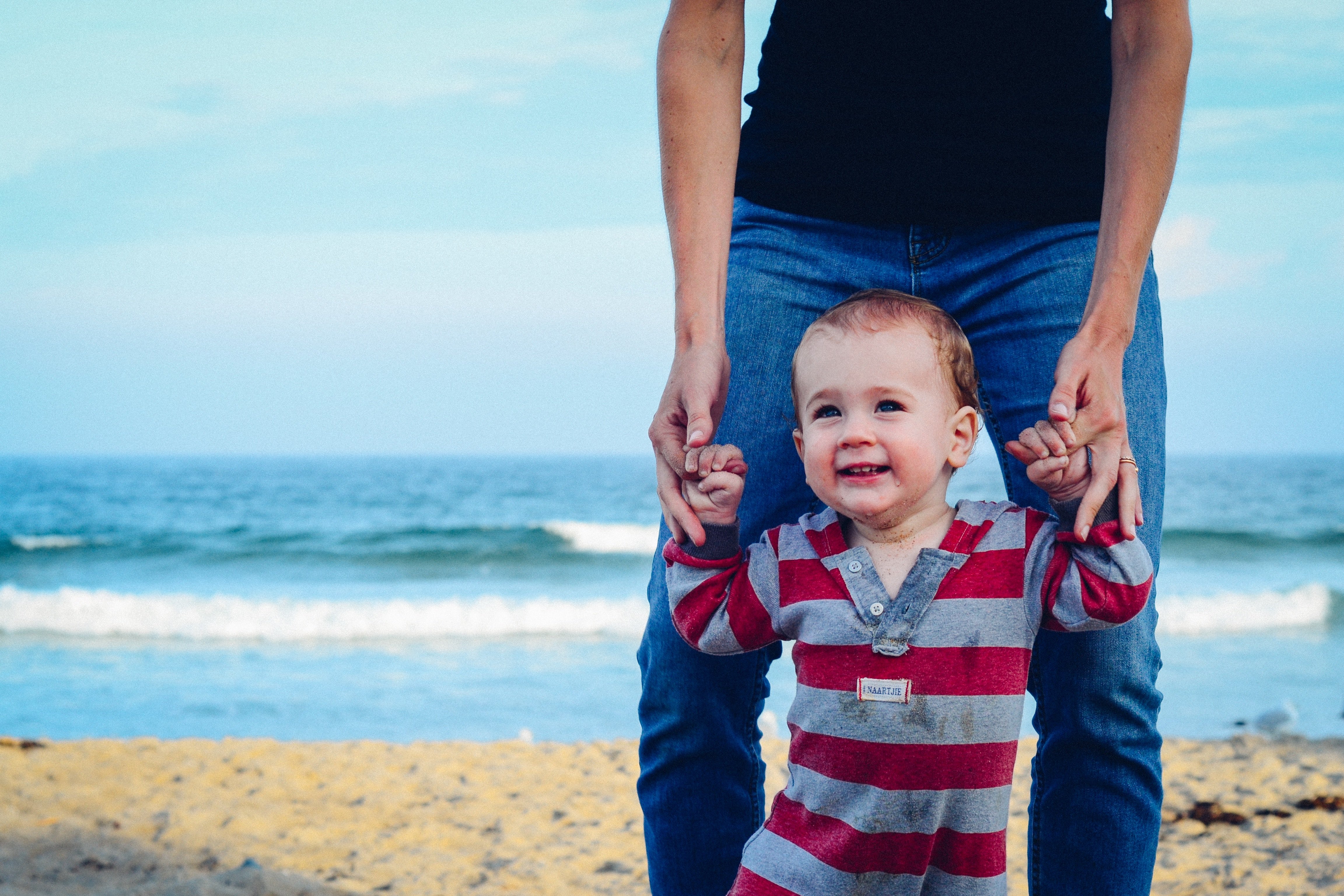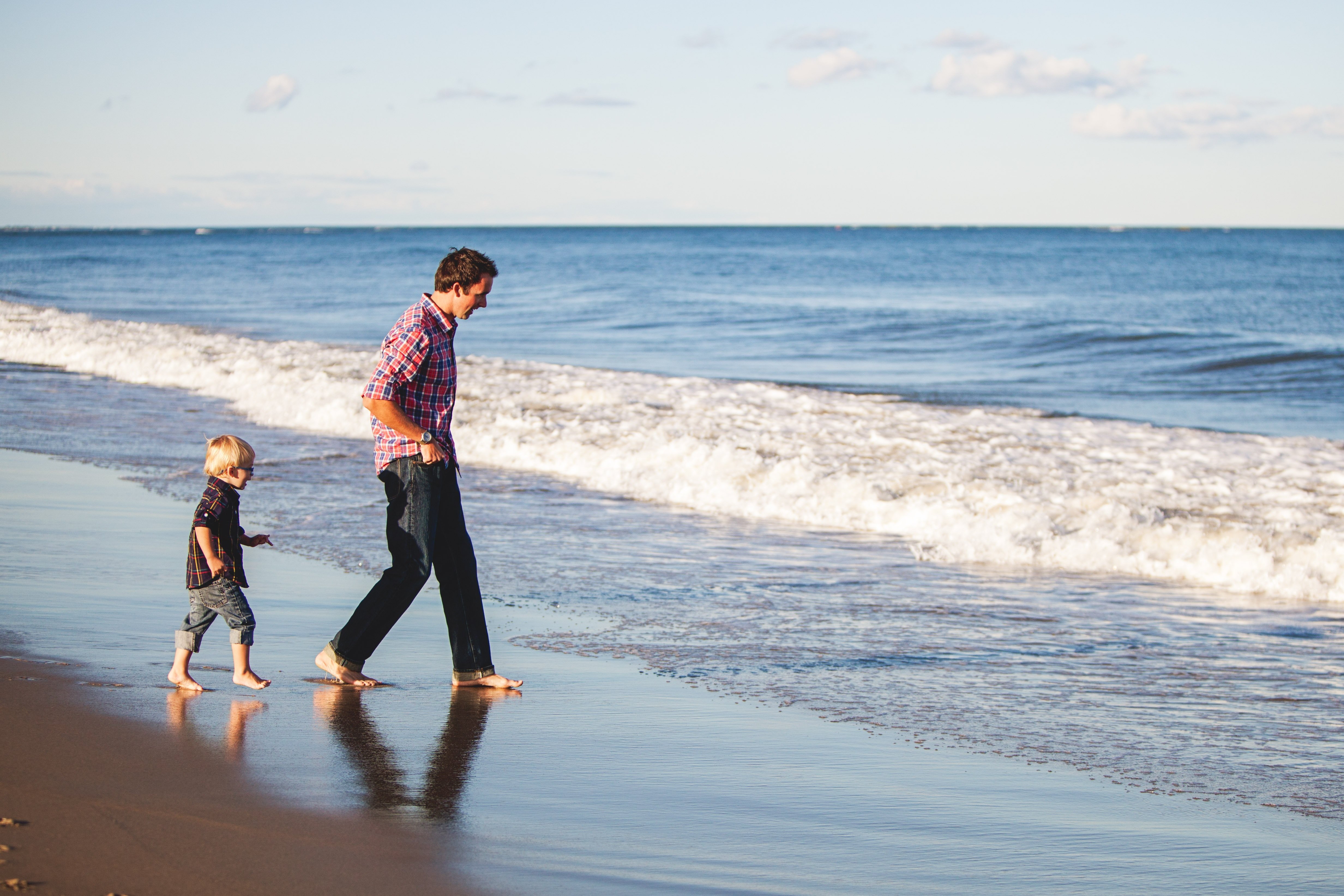Honestly, I thought of myself as a fairly polite person all throughout my childhood and early adulthood. That changed dramatically when I had my first child. All of the sudden I realised that the only way to raise a polite child would be to be polite myself.
What is Politeness?
For me, politeness is a core value. Being polite says a lot about a person and it's not just about using your please and thank yous. It is about shaking the hands of people you meet, knowing which subjects to talk about with whom, always being ready to lend a helping hand and giving a smile to strangers and friends alike.
We don't have any real equivalent of please in my native language, nor do we use sir or mam. We do have some forms of polite language that's not in use in English on the other hand, and I am laying the groundwork every single day by not only requiring my child to use them but to model them myself.

Model the Behaviour You Want
I said please and thank you, most of the time before having a child. But most of the time doesn't really cut it with children, here consistency is always key. Children pick up on our behaviour more than anything we could ever tell them to do. I was raised as a polite child and can recall several incidents of elderly people being astonished that I would address them with the polite form, instead of the casual form. If I had my way, this would be no surprise.
My child is still a toddler so I will not claim to have made it, to have succeeded in my role as a parent in the department of politeness, only once my child turns into a polite adult someday, will I be able to make that claim. However, I do have a child, who signed 'thank you' at the end of every meal long before he could talk and now says it as well. He says thank you when people hand him something and is beginning to master 'you're welcome' as well.

Focus on the Hits
When teaching a toddler how to be polite, it can seem very hit and miss at times. I would encourage you not to focus on the misses. Don't 'force' your child to be polite, instead focus on modelling the behaviour and show them your appreciation when they follow suit. Don't praise them to the skies, but let them know that you are proud of them for being polite.
You shouldn't expect a toddler to always remember his or her manners on their own, instead gently prompt them. For example, my child always says "I'm finished", when done with a meal. I reply something along the lines of "Okay, what do we say when we are done eating?" and my child instantly replies "Thank you for the food" and looks awfully pleased for remembering it as I reply, with a smile in my eyes "you're welcome".
If you ask your child to help you with something, always remember to say thank you to them and let them know how much you appreciate their help. Basically, tell them what you would like to hear when you help out someone. Children are no different than adults in that they like to feel appreciated and are more likely to behave in ways where it is clear to them that they are being of value to you.
